Musicians Turn Distillers: Crafting Whisky on Tiree Island
A series of copper stills glimmer in the window of a distillery nestled by the pristine beaches of Tiree’s western shore. The Isle of Tiree Distillery, founded by Ian Smith and Alain Campbell in 2019, operates in a repurposed workshop that once belonged to Smith’s father. Recognized as one of Scotland’s smallest distilleries, it recently launched its inaugural batch of single malt whisky, consisting of 800 bottles priced at £200 each.
A striking fact is that this marks the first whisky produced on Tiree in nearly two centuries. “Details are a bit sketchy,” Campbell admits, noting that although the island has a rich history of spirit production, whisky has not been legally distilled here since the early 1800s. At that time, whisky distilling without a license was against the law, and regulatory measures from the British government in the 1780s led to the shutdown of over 50 small stills on Tiree. However, illegal distilling persisted, providing income to the locals until later laws effectively eradicated unlicensed production.
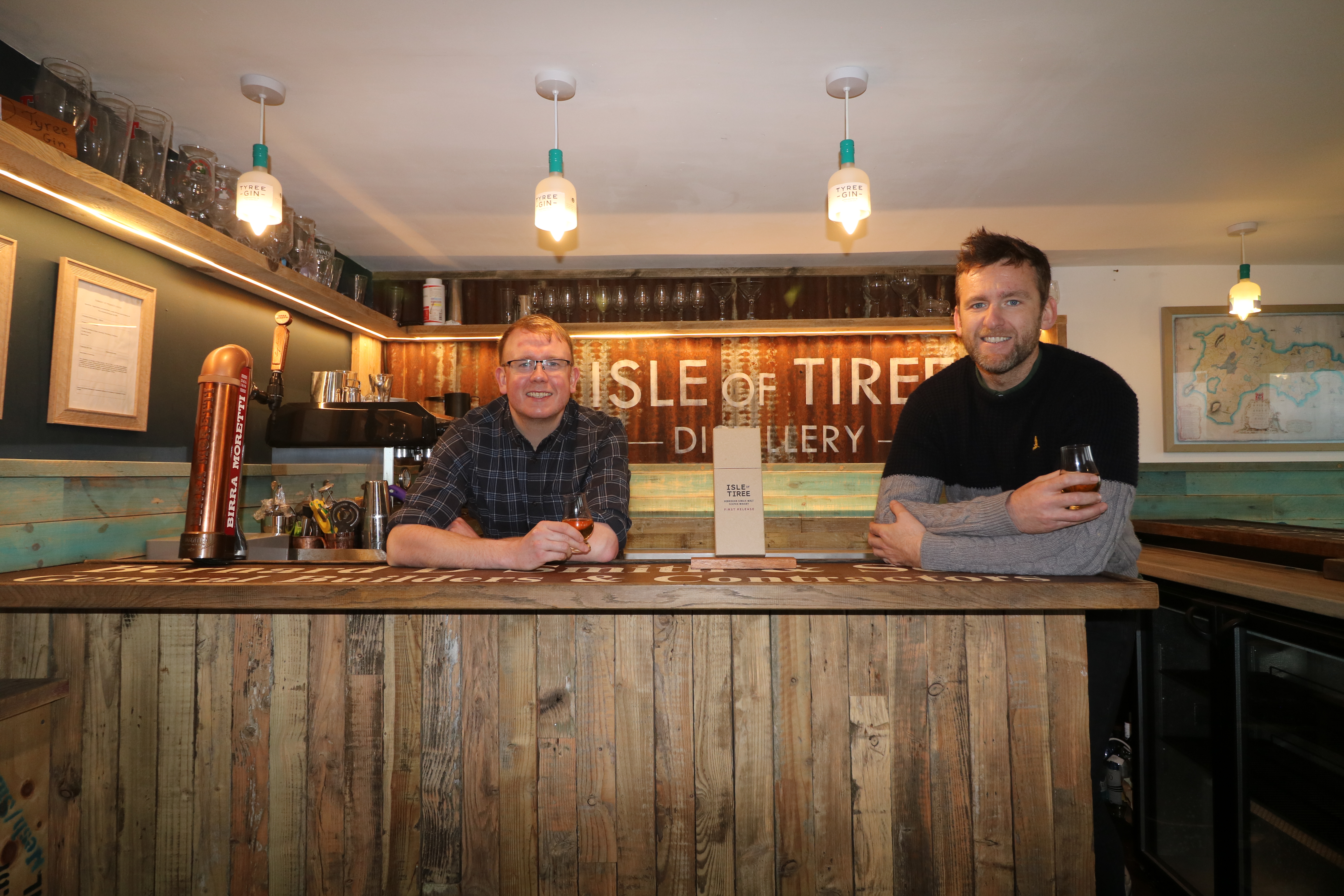
The distillery’s origins are deeply rooted in the island’s culture, with its name meaning “land of corn.” Ian Smith and Alain Campbell, who both hail from Tiree, decided to establish the distillery during their time touring as musicians in the band Trail West. Their research into the island’s whisky-distilling history revealed traditional stories and locations of past stills. Their love for music parallels their passion for whisky, as the duo continues to tour with their band while also seeking to create a sustainable livelihood through distillation.
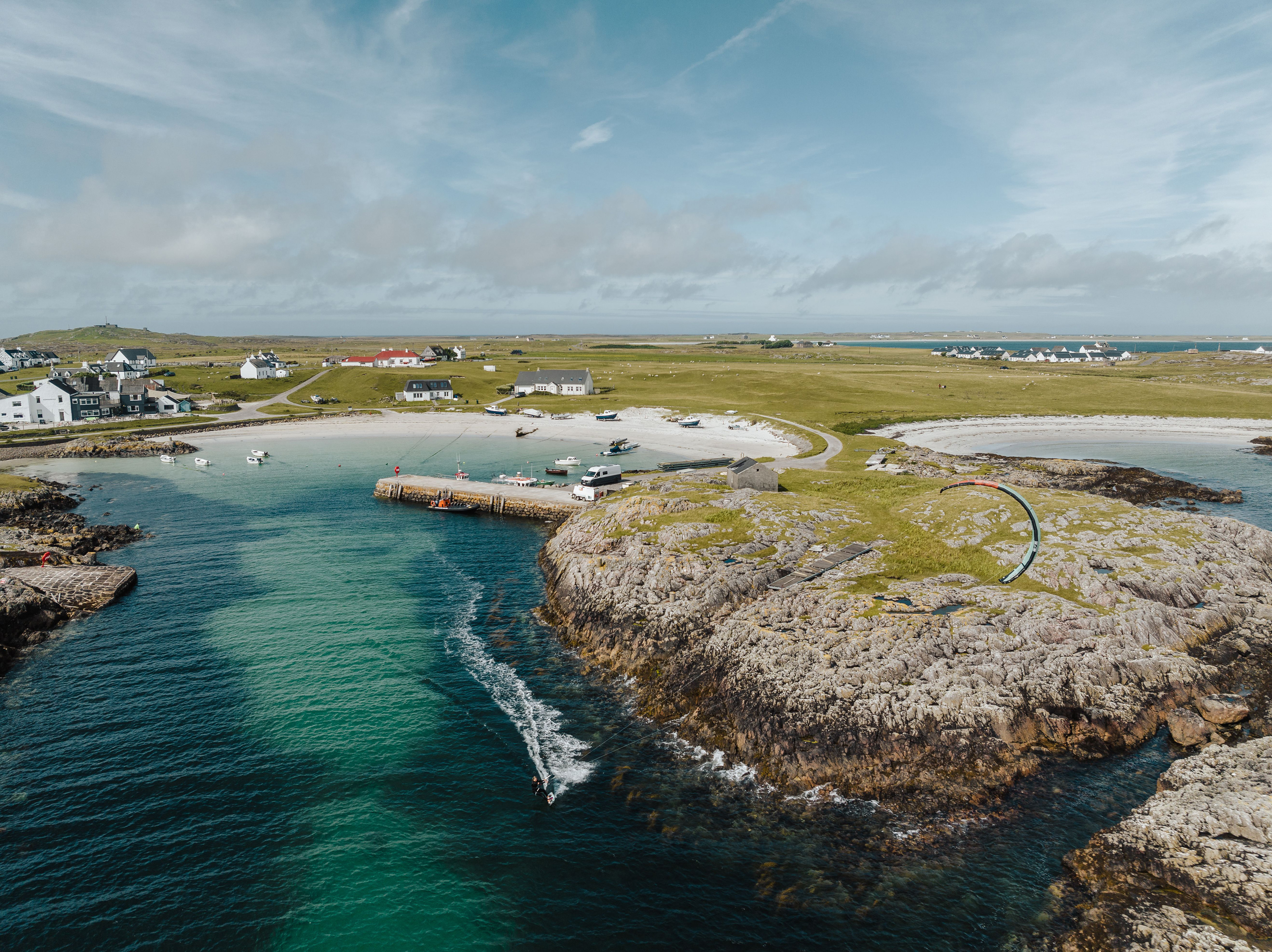
The distillation process at the Isle of Tiree involves breaking grains in oak sherry barrels and applying direct flame to the copper pot stills, staying true to methods that are over 200 years old. Although steam generators are more cost-effective, the duo chose traditional techniques. “It’s really just Victorian technology,” Campbell states, emphasizing their pride in the resulting whisky. Tiree’s single malt is crafted without peat—due to the island’s limited supply—and features a low mash temperature, aged in both virgin oak quarter casks and sherry casks, producing a young yet intricate flavour profile.
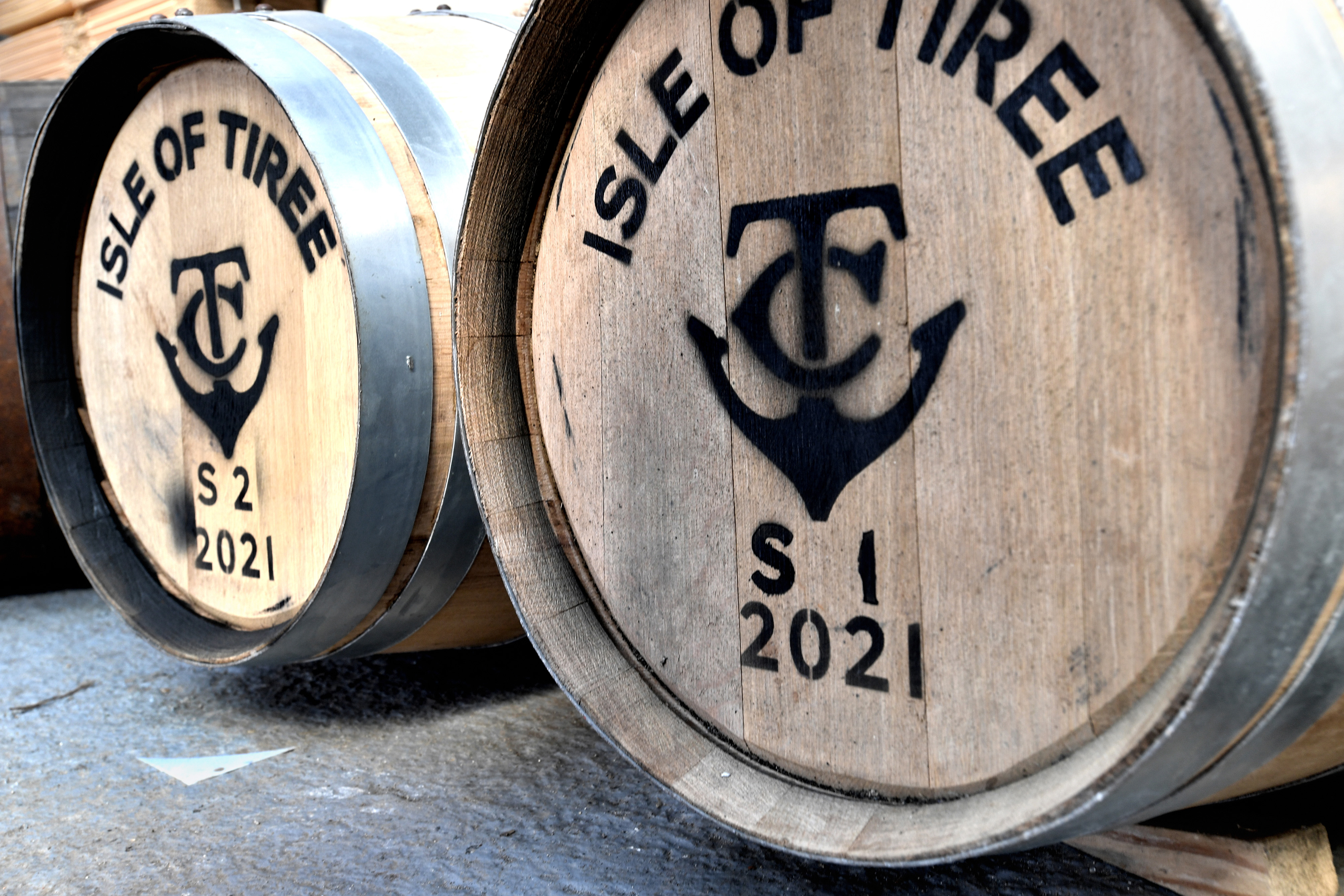
Although life and work on Tiree is fulfilling, Smith and Campbell acknowledge the unique challenges they’ve faced. They have invested their personal savings into the venture with minimal external financial assistance, only securing a couple of small loans. The logistical issues posed by the island environment, including transportation via boat and exposure to unpredictable weather, make operations challenging. Additionally, the distillery site lacks access to high-level power, necessitating the use of gas cylinders. With only one full-time employee assisting them, the workload remains significant for both founders.
However, they view these challenges as worthwhile sacrifices for the privilege of running a distillery in such a magnificent setting. While Tiree’s alcoholic production is modest compared to larger regions, the personal touch involved in their craft is a major draw. Producing on this scale, as Smith remarks, means that “every element of the distilling, mashing, and fermenting process is highly hands-on, making every bottle a crafted work of art.”
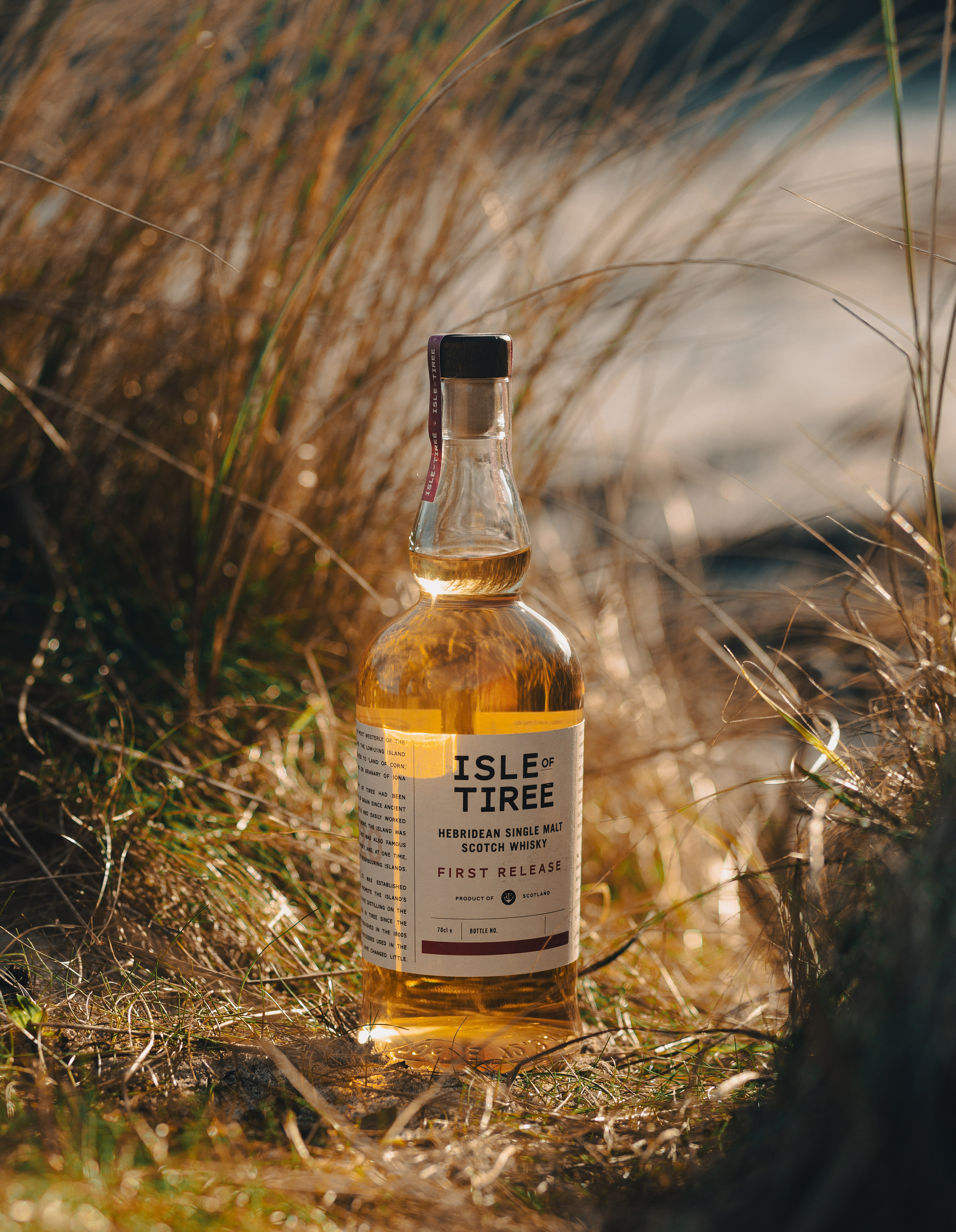
Their dedication to craftsmanship has made their whisky highly sought after, with the first batch selling out in just 12 minutes to customers, most of whom had previously taken a distillery tour. Tours are set to resume in April and are a significant attraction for visitors drawn by Tiree’s stunning beaches. In addition to the single malt, the distillery is also preparing to introduce a single grain whisky crafted from rye and has five casks of a corn whisky, reminiscent of American bourbon. For those who prefer something different, gin is also produced on-site.
Looking ahead, Smith and Campbell are contemplating their future plans, mindful of the limitations that island life imposes. They are hesitant to stray from traditional methods but are exploring ways to expand their current operations and address necessary maintenance. Despite the various hurdles, both express a sense of exhilaration and fulfillment from their undertaking. As Smith puts it, “I wouldn’t want to have a distillery anywhere else.”
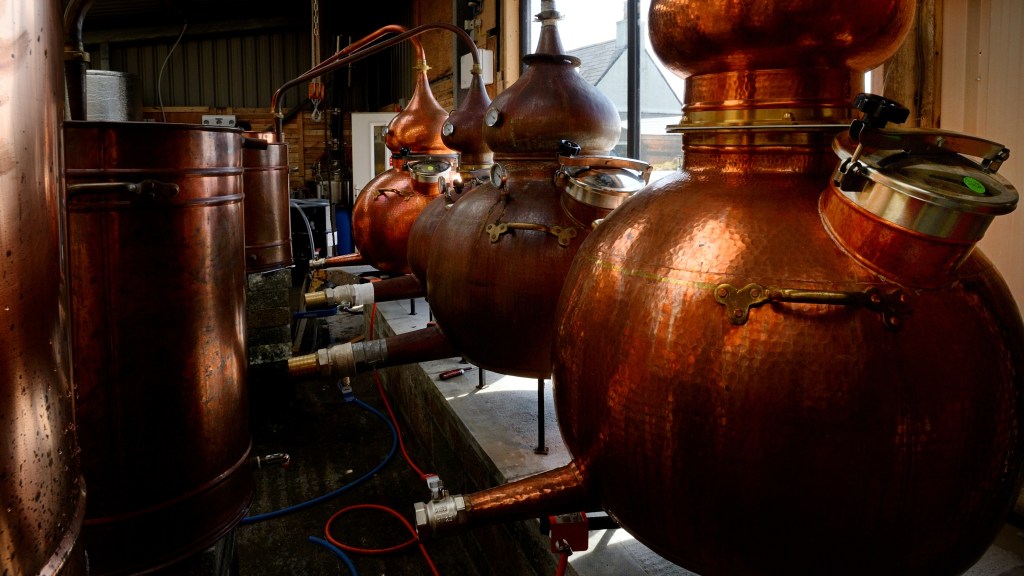

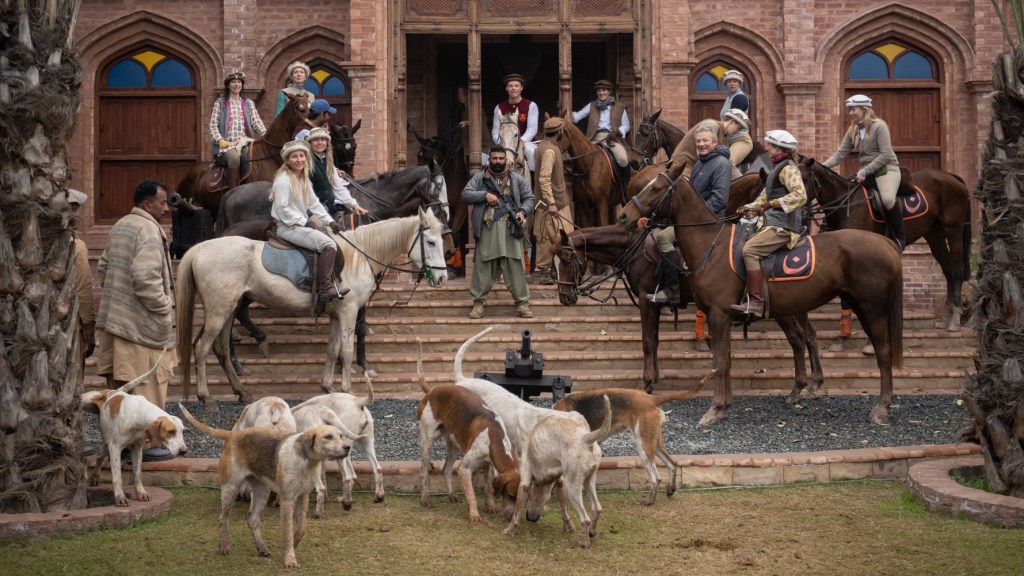
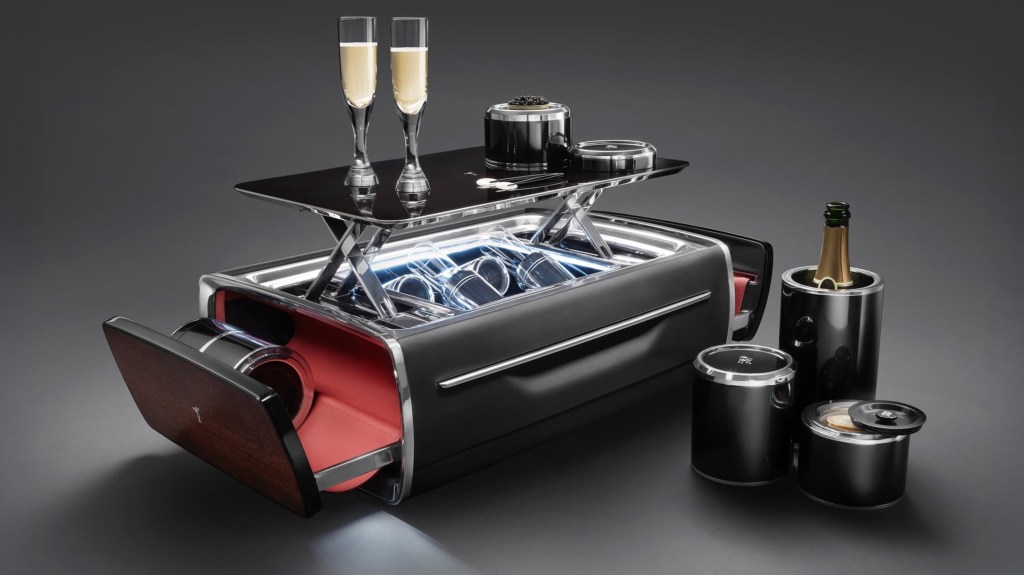
Post Comment